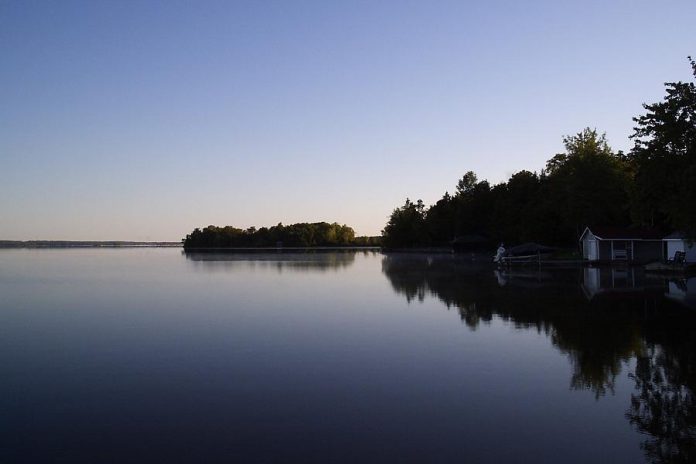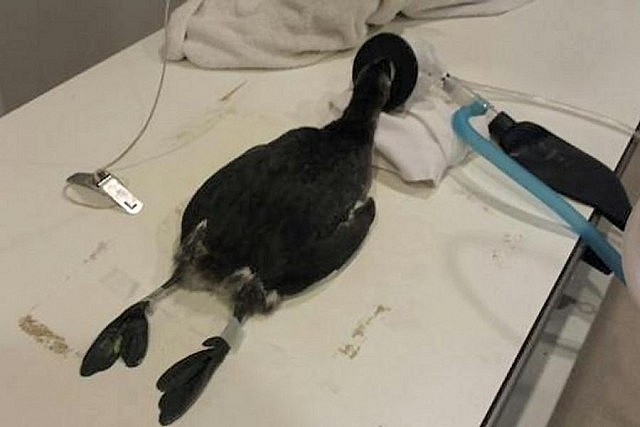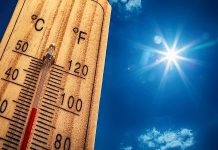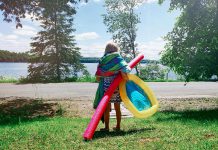
We’re all tired of the cold. Records have been falling daily as wave after wave of arctic air drains south. We’re not the only ones suffering, however. Locations as far south as the Florida Keys have been bundling up against the cold temperatures.
Locally, the effects are certainly being felt as well. A weekend news report shed light on grebes. Usually found in in northern regions of Canada, grebes migrate south in the winter to take advantage of the open waters of the Great Lakes. With the lakes quickly icing over, grebes (which depend on water to gain flight and land) have literally been falling from the sky from exhaustion while searching for open water to touch down. Once they’re on the ground, they can’t get airborne again and quite literally become sitting ducks.
Grebes are just one example of many that demonstrate just how important the Great Lakes are. You may not realize it, but we in the Kawarthas play a direct role in the health of the lakes.
Peterborough and the surrounding area is within the Trent Watershed, draining the Kawarthas and hundreds of creeks, streams and rivers into Lake Ontario and, eventually, the Atlantic Ocean. When you think about the bigger picture about where our water is going and how many people rely on it, it becomes clear that we need to do whatever we can to keep it clean.
In urban areas, we need to be concerned about storm water runoff.
Pet feces, detergents and cleaners, spilled motor oil and other automotive fluids all can be found in storm water. With increased presence of paved surfaces, this contaminated water is finding its way into our lakes, rivers and streams at a faster rate, leaving a legacy of fouled water for future generations.
In urban neighbourhoods, most water doesn’t get a chance to be absorbed into the ground. It hits the asphalt surface and is quickly drained away, taking with it harmful pollutants. We can slow the water down through several different steps. If your drain spouts connect directly to a storm sewer, disconnect them and allow that water to disperse onto your lawn. Not only will your lawn will benefit from the additional water, it will also soak into the ground rather than burdening drainage systems.

GreenUP has been working to reduce the number of paved surfaces through our Depave Paradise initiative, which replaces paved surfaces with green space and natural plantings.
Another way to keep our watershed healthy is to install a rain barrel. Here in Peterborough, customers of Peterborough Utilities receive a discounted price if they purchase their barrel from GreenUP. Storing rainwater for use on sunny days will cut your water consumption and allow you to water your lawns and gardens should restrictions come into place in the coming months.
Increase the areas on your property that will allow rainwater to be soaked into the ground. If you plan on resurfacing your driveway considering using permeable paving options that allow water to reach the ground below, while still giving you a hard surface.
Not a pleasant chore, but picking up pet waste is also a key step to keeping water clean . Four times more harmful than human waste, pet waste gets carried off sidewalks and streets and flows directly into bodies of water via storm drains, untreated. Use compostable bags to pick up and dispose of it safely. It might be easy to forget about it once it’s covered with snow, but it’s very important to clean it up once warmer weather arrives.
Washing your car on your driveway rinses solvents, fuels, heavy metals and detergents directly into the storm sewer. This can be avoided by using a commercial car wash where the wastewater is often treated.
Taking a few small steps like collecting water in rain barrels for later use, or making an extra effort to pick up after your pet can have big results in the future of a healthy watershed. Keeping toxic elements out of storm water runoff will lead to cleaner and healthier bodies of water for years to come.


























